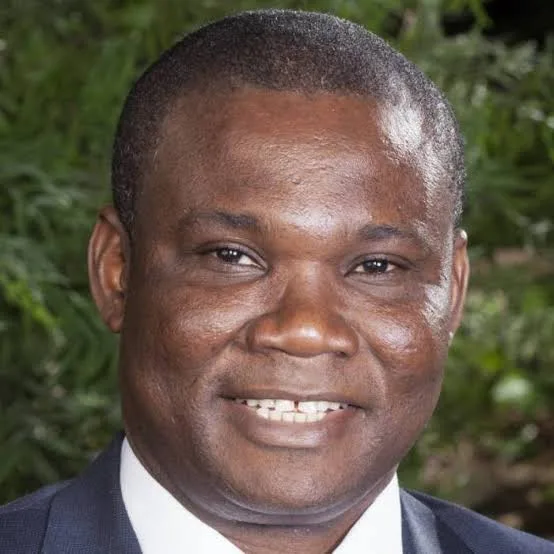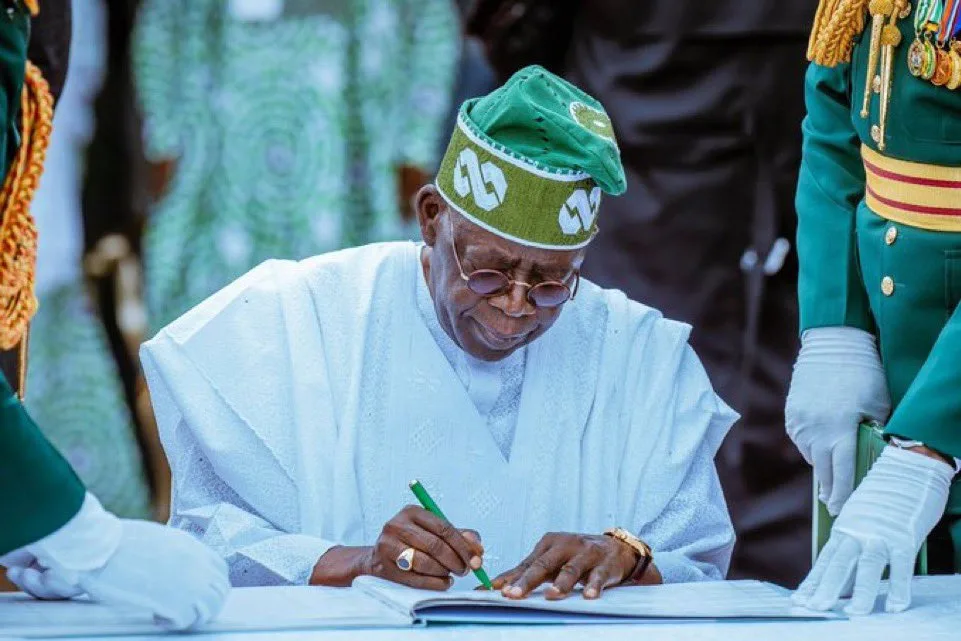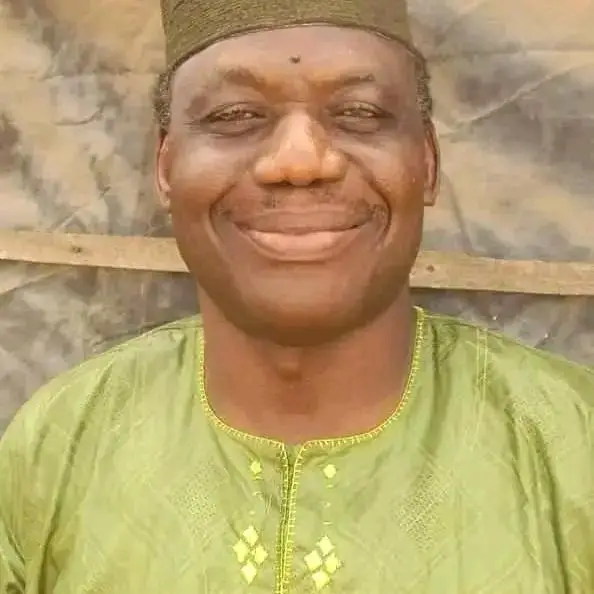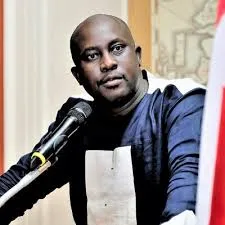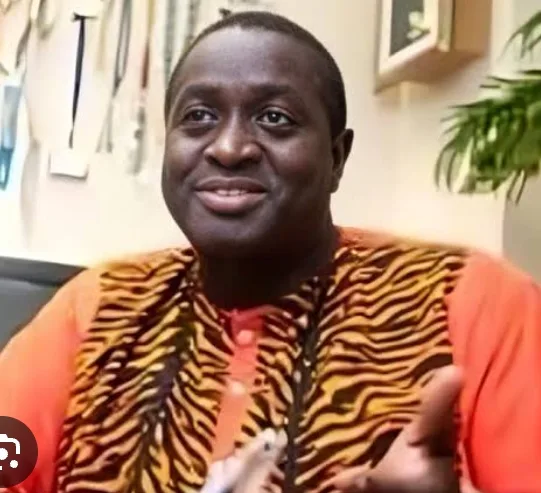The Labour Party’s 2023 presidential candidate, Peter Obi, has criticized the administration of President Bola Tinubu for what he described as ineffective economic policies.
Speaking during an interview on Arise News Prime Time on Tuesday, the former Anambra State governor expressed concerns over Tinubu’s decision to float the naira without corresponding productivity.
He also condemned the rising debt profile and the increasing cost of debt servicing, which he argued has surpassed budgetary allocations for critical sectors such as health and education.
Obi asserted that if he were president, Nigeria would have experienced significant economic improvements within two years. He emphasized that his approach would focus on injecting funds into productive sectors to create a sustainable and robust economy.
He stated, “The President that is there today, how many years has he stayed? Two years, and look at the turn of things. It means you can change things in two years. That means if I were there, you would have seen considerable change in critical areas. I would tackle corruption head-on, and I would reduce the cost of governance. You would have seen borrowed money invested in critical areas.”
Furthermore, he criticised the high interest rate under Tinubu, asserting that the situation had made it difficult for companies operating in the country to thrive.
“Also, we have a country that is in huge debt. The current administration met a debt of about N17tn; in two years, it has moved to over N170tn.
“The cost of debt servicing is above the budget for critical areas like health, and education. 70 per cent of our primary health care centres are not functioning. I would fix our PHCs and primary schools if I were president,” Obi added.
Meanwhile, Obi, who confirmed that he is still a member of the LP, stated that he is working with Atiku and others for the benefit of Nigeria.
He stated, “Elections are won and lost by the votes of the people. All these things people are talking about are because we are not in a democracy. We are talking about working together for the sake of the country. That is why I am not desperate to be President, but I am desperate to see Nigeria work.
“It was all these alliances that brought Nigeria to where we are today. Because people were blinded. Instead of seeing what they will do to make the country work and make it productive, they are focused on wrestling power. What are we going to use the power to do?
“I ran in 2023 because I wanted to do something different. By now, you would have seen something different in education. I would have even visited schools. In the health sector, we have over 70% of primary healthcare not functional. I want Nigeria to know it is about their country. So many Nigerians today don’t know where the next meal will come from. So, the people have to know that this man can do it.
“You talk about the devaluation of the naira; there is nothing wrong with it. I would have allowed the naira to follow, but there would be productivity.
Because when you don’t have productivity and you devalue your money, it’s a double whammy. So, I would have injected money into productivity.
about:blank
“Today, nobody is producing anything. How can you do business when the interest rate is over 40%? So, we need to do the right thing, and we can do it.”
Obi criticized President Tinubu’s administration for the economic difficulties, stating that the President should be accountable to the Nigerian people.
He stated, “It is not enough that your aides are running around. You, as the leader, have to have the idea, the energy, and the competency to do the job. It is not something that you can lease out. You are the leader; you should be answerable to the people. We have too much-delegated responsibility; that shouldn’t be.”
On the crisis rocking his party, he said, “The disarray in the LP is caused by the Federal Government. Yes, I am in the Labour Party. If anything changes, I will let you know.
“If the government is democratic, all these things will work. You have to say you are democratic, practice it, and believe it, whether it works for you or not. What is happening in Nigeria can be turned around with a competent leader.”
Obi accused the present administration of intimidating the opposition, claiming that the Nigerian political space was designed not to accommodate opposition.
He particularly chided the Tinubu government over its handling of the Rivers State crisis that culminated in the declaration of the emergency rule.
“There is no democracy without a functional legislature and an independent judiciary. There is no freedom of speech as people are in detention for what they say. I am also harassed every day.
“What happened in Rivers State was unfortunate as some people made the state ungovernable for political reasons and interests. The declaration of a state of emergency impacts negatively on the little inkling of democracy that we have.
“The Nigerian political space is designed not to have opposition. People say look at South Africa, they have a presidential system like ours. But the difference is they allow their opposition to thrive. There is a proportional representation of the opposition in the legislature and this makes the opposition thrive.
“In those countries, you cannot cross from one party to another without consequences. You lose your seat if you do so. That is why we want a change in the Constitution so as to build a viable system. If I were president, I would make sure the country is democratic and the opposition thrives. Parties should function the way they should. There is a need to fix this democracy. Musa Yar’ Adua started it until his demise,” Obi said.
On vying again for the presidency in 2027, Obi said his concern in discussing an alliance with other political forces is to save Nigeria from the brink.
He stressed that he was not desperate to wrest power to become president but to join forces to realise a Nigeria that works.
“I am reluctant to talk about 2027. Yes, I am part of the coalition. But whatever alignment must discuss the future of the country. We must discuss doing it to invest in education not just to wrest power. We are talking about working together to save Nigeria. I am not desperate to be President but to see Nigeria work,” Obi said.

